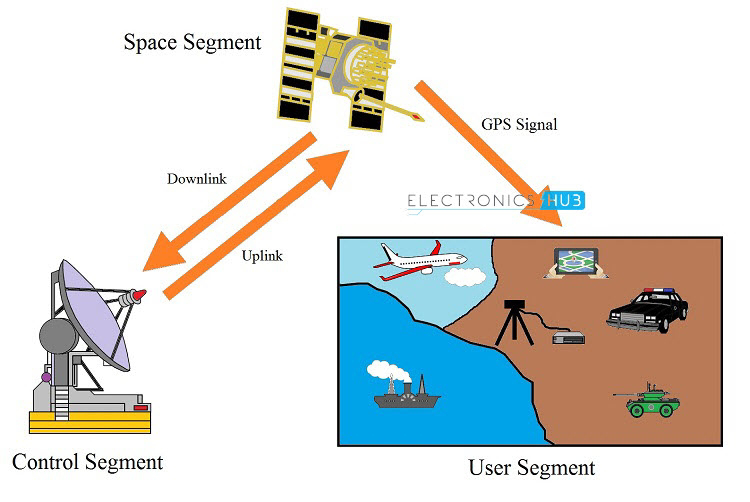GPS All About it in short Form
Global Positioning System (GPS): Navigating the World with Precision.
The Global Positioning System, commonly known as GPS, is a revolutionary satellite-based navigation system that has transformed the way we navigate and locate ourselves on Earth. Developed by the United States Department of Defense, GPS has evolved from a military tool to a ubiquitous technology used in various civilian applications. This technology has not only revolutionized navigation but has also found its way into numerous aspects of our daily lives, ranging from transportation and agriculture to outdoor recreation and emergency response systems.
GPS operates through a constellation of satellites orbiting the Earth. According to me there were approximately 30 operational GPS satellites in orbit. These satellites are strategically positioned to provide global coverage, ensuring that users anywhere on Earth can access the system. Each satellite continuously broadcasts signals containing information about its location and the current time.
Receivers on the ground, such as those found in smartphones, cars, or specialized navigation devices, receive signals from multiple satellites simultaneously. By analyzing the signals' travel time and triangulating their positions, the GPS receiver can determine the user's exact location, typically with high precision. This process is based on principles of trilateration, a mathematical technique that uses distance measurements to determine positions in three-dimensional space.
The accuracy of GPS has significantly improved over the years. In the early days of GPS, military-grade accuracy was available to the U.S. military, while civilian users experienced less precise positioning. However, with advancements in technology and policy changes, civilian users now enjoy high-precision GPS signals. The introduction of additional satellite constellations, such as the European Galileo and Russian GLONASS systems, has further enhanced global navigation accuracy.
One of the primary applications of GPS is in navigation. It has become an integral part of various modes of transportation, including aviation, maritime, and ground-based vehicles. GPS navigation systems provide real-time information on position, speed, and direction, aiding drivers, pilots, and sailors in reaching their destinations efficiently and safely. Additionally, GPS is crucial in emergency response situations, enabling accurate location tracking for search and rescue operations.
Beyond navigation, GPS plays a vital role in agriculture. Precision agriculture utilizes GPS technology to optimize farming practices. Farmers can precisely map their fields, monitor crop health, and apply resources such as water and fertilizers more efficiently. This not only improves crop yields but also minimizes environmental impact.
The influence of GPS extends into the realm of recreation and fitness. Outdoor enthusiasts rely on GPS devices to track their hiking, biking, or running routes. Fitness trackers and smartwatches use GPS to provide accurate distance measurements, pace information, and route tracking for individuals engaged in various physical activities.
Moreover, GPS has become an integral part of our daily communication and social interactions. Location-based services, such as mapping applications and social media check-ins, use GPS to enhance user experiences. These services provide real-time location information, helping users find nearby points of interest, businesses, and friends.
While GPS has had an overwhelmingly positive impact on society, it is not without challenges. The system can be susceptible to signal disruptions caused by obstacles like tall buildings or natural terrain. In urban environments, where satellite signals may be obstructed, additional technologies like augmented reality and sensor fusion are employed to enhance positioning accuracy.
Looking ahead, the evolution of GPS continues with ongoing developments in technology. The implementation of next-generation satellites, such as the GPS III series, promises further improvements in signal accuracy, reliability, and resistance to jamming. Additionally, emerging technologies like quantum positioning systems are being explored to take navigation capabilities to unprecedented levels.
In conclusion, the Global Positioning System has revolutionized the way we navigate and understand our position on Earth. From military origins to ubiquitous civilian use, GPS has become an indispensable technology with applications ranging from navigation and agriculture to recreation and emergency response. As technology advances, the future of GPS holds exciting possibilities, ensuring that our journeys, both literal and metaphorical, are guided with unprecedented precision.
If you interested please comment on topic we want to , for more you visit here






Comments